The remains of the immediate past Chief of Army Staff, Taoreed Lagbaja, were buried at the military cemetery, Abuja on Friday. It was a state funeral. He passed on, on 5 November, in Lagos after a brief illness. Encomiums of the elegiac variety are being showered on him as one of the finest officers to have donned the country’s army uniform by those who personally knew him, professional colleagues, his alma mater and Nigeria’s political establishment.
Indeed, he was a man with a self-effacing visage, but beneath it was a steely resolve, an attribute that bore him out throughout his military career. On account of this, many saw his demise not just as a loss to his family, but to the military and nation he served with aplomb and absolute devotion. Truly, Lagbaja was a fine officer, gentleman, and patriot. These attributes, President Bola Tinubu appreciated, and conferred on him the CFR award, posthumously.
Born on 28 February, 1968, he became the third army chief to die in office, at the age of 56. The first was Joseph Akahan, who lost his life in a helicopter crash in 1967 during the Nigerian civil war and then Attahiru Ibrahim, in a fairly similar circumstance, in 2021.
After his secondary education, Lagbaja enrolled in the Nigeria Defence Academy (NDA) in 1987, and was commissioned as a Second Lieutenant in the Nigerian Infantry Corp, having been a member of the 39 Regular Course. He subsequently attended the prestigious US War College, from where he earned a Master’s degree in Strategic Studies. From then on, he held several command positions and really enjoyed a meteoric rise in the army. The peak was with his appointment as the Chief of Army Staff, (COAS) in June 2023, and his elevation to the rank of Lt. General to boot, by President Bola Tinubu.
It was at a time that the country faced one of its most difficult moments with the ravages of insecurity across its territory. The Boko Haram and ISWAP Islamists insurgency in the North-east, uncontrolled banditry and kidnappings in the North-West, the activities of Biafran irredentists, as coordinated by IPOB in the South-east; the carnage of killer-herders in the North-central; oil theft and oil facilities vandalism in the South-south, which all conflated to present a poisoned chalice to Lagbaja, who assumed office as the country’s 23rd COAS.
But he proved his mettle. The consciousness that the army he inherited was not the best in terms of battle-readiness was true. There was the poor provision of modern equipment and training; and the welfare of its rank and file was not well provided for. Instead of these challenges becoming stumbling blocks for him, he turned them into stepping stones. His strides in this regard in just about 16 months that he was in the saddle should constitute a study in military leadership.
While leading a delegation to his state, his course mate at the NDA, Kamal Yusuf, a General, noted that it was his dedication to duty that earned him steady promotions. He pointed out that, “Lagbaja was a gallant and pragmatic officer; a true combatant, which is why President Bola Tinubu trusted him with the role of Chief of Army Staff.” Equally, the old boys of St. Charles Grammar School, Osogbo, his alma mater, were no less effusive and emotional in their lamentation of Lagbaja’s transition. But they found solace in the fact that he was “an exceptional individual, a proud Charlean, and a distinguished military leader who served the nation with unwavering dedication.”
Nigerians need credible journalism. Help us report it.
Support journalism driven by facts, created by Nigerians for Nigerians. Our thorough, researched reporting relies on the support of readers like you.
Help us maintain free and accessible news for all with a small donation.
Every contribution guarantees that we can keep delivering important stories —no paywalls, just quality journalism.
Before he was capped with the diadem of COAS, he played pivotal roles in internal security operations, such as Operation Zaki in Benue, Lafia Dole in Borno; Udoka in the South-east; and Operation Forest Sanity in Niger and Kaduna states, which have brought relative peace to these areas.
While delivering a lecture at the Command and Staff College, Jaji, in Kaduna State, to course 46 students, entitled, “Crafting My Command Philosophy as Chief of Army Staff, Nigeria’s Contemporary and Emerging Security Environment,” Lagbaja had charged the middle-level officers to lead their subordinates by example. Such leadership virtue, he argued, was needed for maximum impact amid the toxic security situation in the country. He frequently visited troops in conflict or battle zones, in a leadership style that boosted their morale.
According to Lagbaja, “the army must continue to review its tactics, techniques and procedures and come up with implementable strategies to defeat the adversaries with both kinetic and non-kinetic means.” In August, for instance, he disclosed that the army, in collaboration with the Multinational Joint Task Force (MNJTF), intercepted two Boko Haram and Islamic State West Africa Province (ISWAP) terrorist logistics supply syndicates and decimated 1,166 terrorists, among which were wanted terror commanders.
Under Lagbaja’s leadership, the Nigerian Army procured 200 gun trucks, over 100 mines-resistant vehicles, thousands of personal protective equipment and purchased a lot of aircraft for logistics, surveillance and training. These achievements were so transformative that he once enthused before his troops, “we no longer rely on 1970 or 1980 equipment to fight the battle of 2023.” He birthed the Nigerian Army aviation wing, which had for long been a project in the pipeline. This was a shot in the arm of the service, in air support for ground operations.
The Research and Development unit was tasked with the challenge of producing some of the equipment the army imports. Impressively, the challenge was taken up to Lagbaja’s admiration: “If you go to our command in Kaduna, you will see what the mechanical engineers are doing. They are building vehicles; very soon we may be exporting some to neighbouring countries.”
The erstwhile army chief was not only obsessed with equipping and retraining his officers, but also took their welfare seriously. Deficit in this area had in the past been central to the lack of full commitment of some soldiers in the fight against Boko Haram in the North-East. He thus increased their Ration Cash Allowance, facilitated the prompt payment of the medical evacuation allowance for wounded soldiers, who then received treatment at home and abroad.
Arrears of Group Life Insurance payments not touched since 2012 received his attention, just as he introduced a housing scheme called Affordable Home Ownership Option for All (AHOOOAS). Instructively, he dedicated five per cent of the houses to officers with disability-related cases in each state of the federation. In April, he launched the Army Welfare Loan project.
READ ALSO: 2024 Ondo Election: What Ganduje, Sanwo-Olu, others say about Aiyedatiwa’s victory
Of all the legacies of Lagbaja, the most striking, in our considered view, is his absolute subordination of the army to civil authority. Twice, coup mongers baited him. First, in February, with the coups in Niger Republic and Burkina Faso, some vermin had called for a similar undemocratic action here, for which Lagbaja swiftly chaffed at such an idea. He used the combined 2nd and 3rd Quarters COAS conference, held in Uyo, Akwa Ibom State to echo his disapproval of such an inclination.
Centrifugal forces, again, used the #EndBadGovernance hunger protest in August to stoke similar malevolent embers. Lagbaja, also in the later instance, drew a line in the sand and said, never again. He lamented that youths and others behind such calls had not experienced the evils of military rule. Vowing that the Army will not allow itself to be used, he noted that it was the service (army) that received the most image-bashing from previous military interventions, hence the resolve not to lose its 25 years of “new prestige.”
The Army has a successor to Lagbaja, in Olufemi Oluyede, who was promoted immediately by the president to the rank of Lieutenant-General. Apparently, the army has accorded Lagbaja the full honours he deserved from it as its former boss. What is left is by far bigger, which is the preservation of his legacies. Oluyede, and the Army, must ensure that this becomes the enduring filigree for Lagbaja’s epoch.
Support PREMIUM TIMES' journalism of integrity and credibility
At Premium Times, we firmly believe in the importance of high-quality journalism. Recognizing that not everyone can afford costly news subscriptions, we are dedicated to delivering meticulously researched, fact-checked news that remains freely accessible to all.
Whether you turn to Premium Times for daily updates, in-depth investigations into pressing national issues, or entertaining trending stories, we value your readership.
It’s essential to acknowledge that news production incurs expenses, and we take pride in never placing our stories behind a prohibitive paywall.
Would you consider supporting us with a modest contribution on a monthly basis to help maintain our commitment to free, accessible news?
TEXT AD: Call Willie - +2348098788999








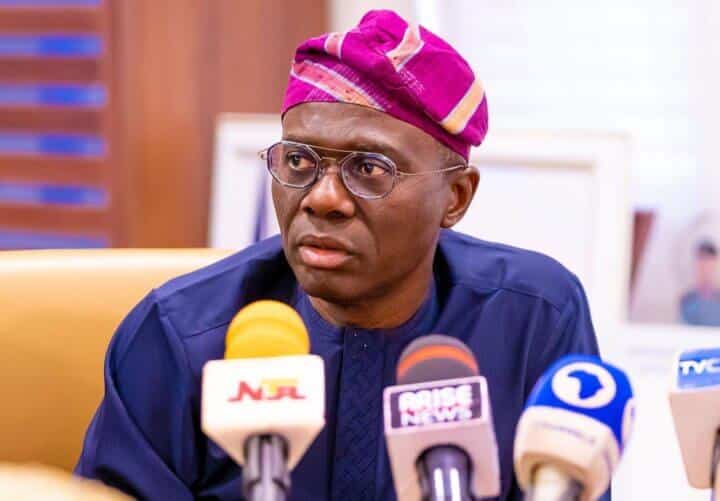
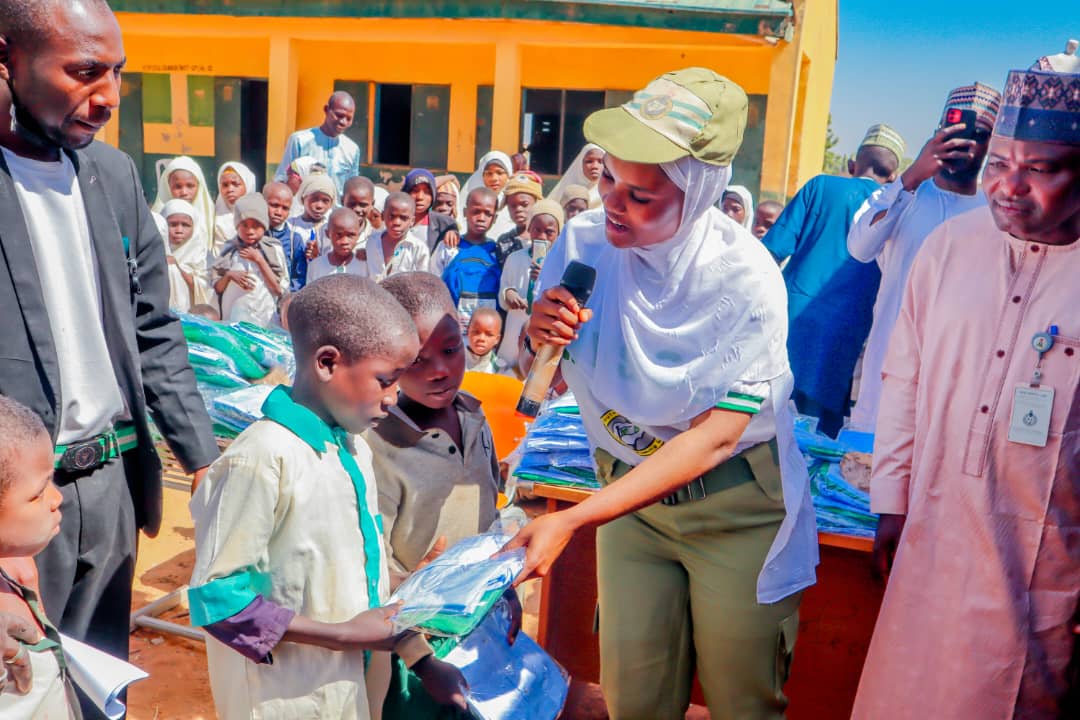
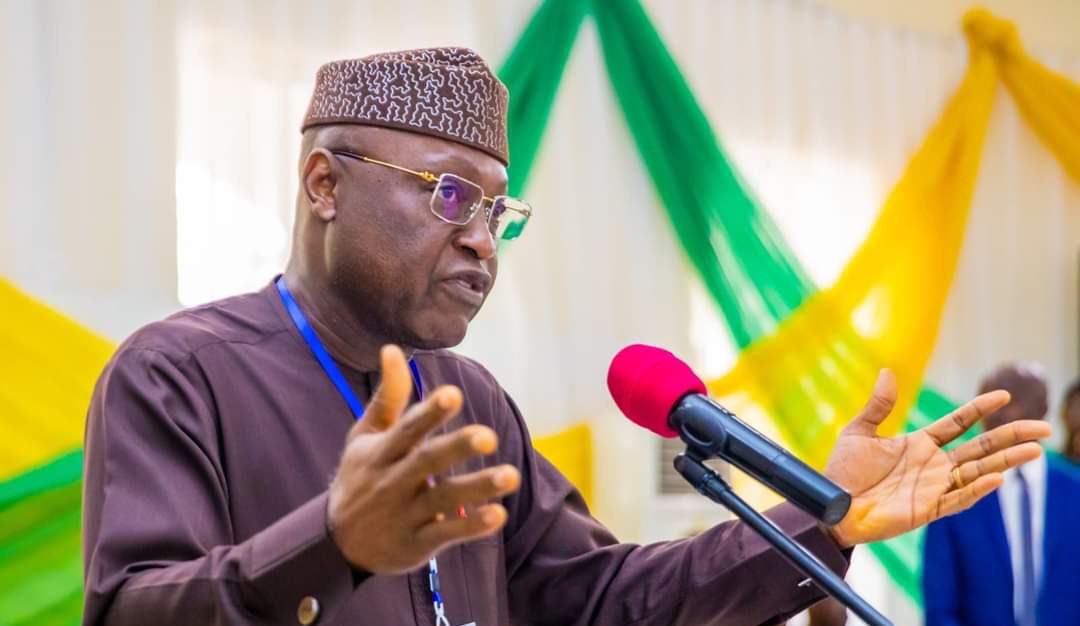

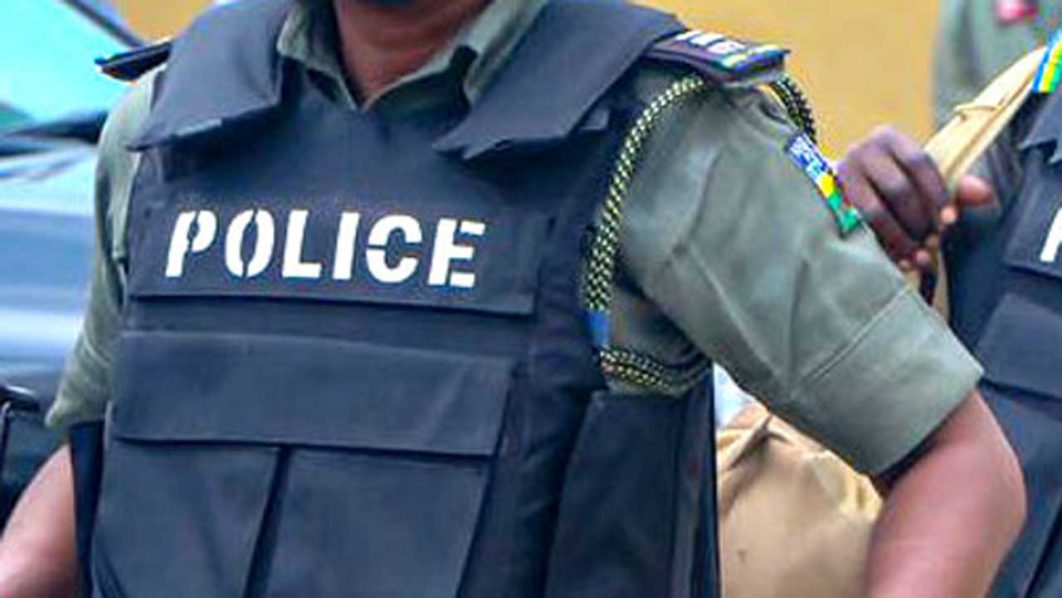

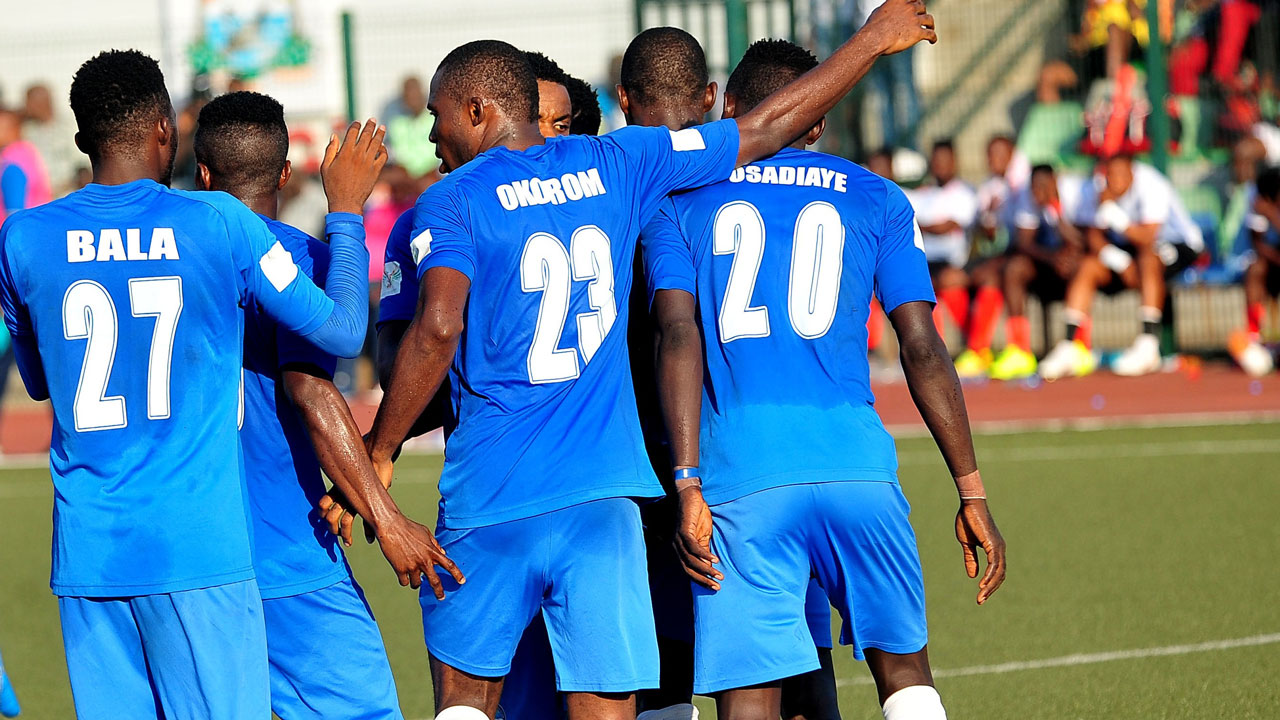
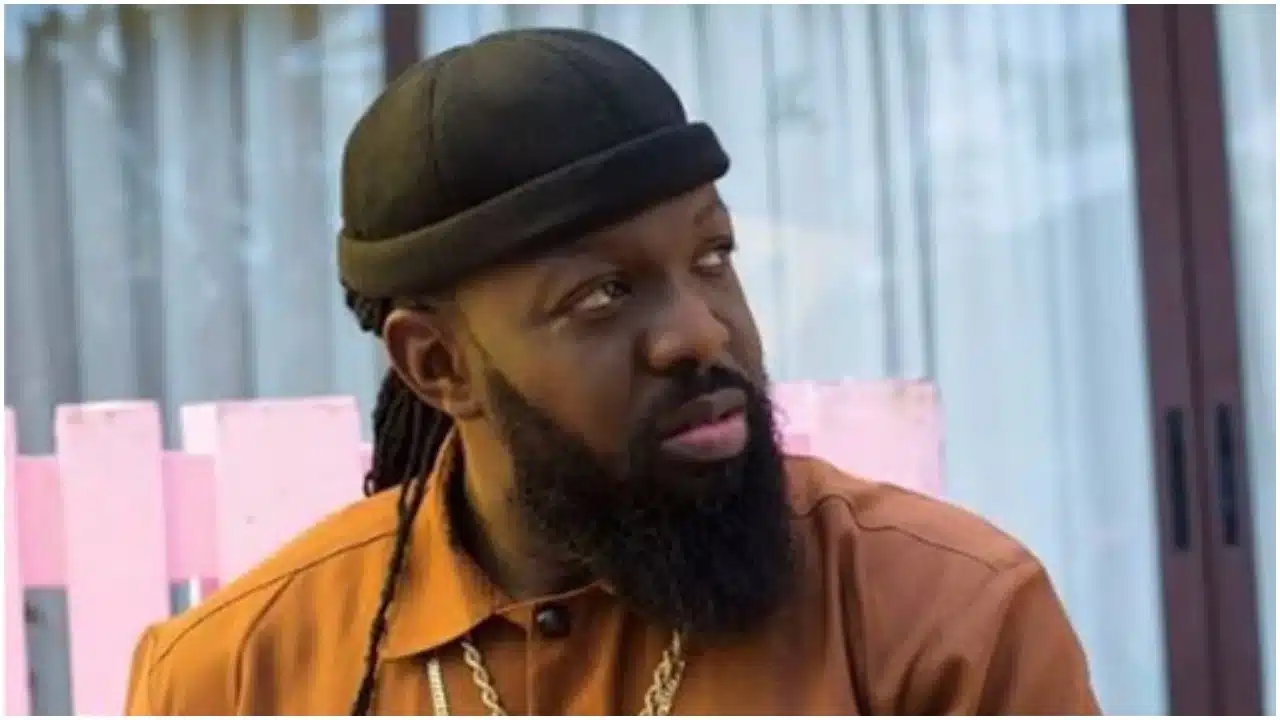
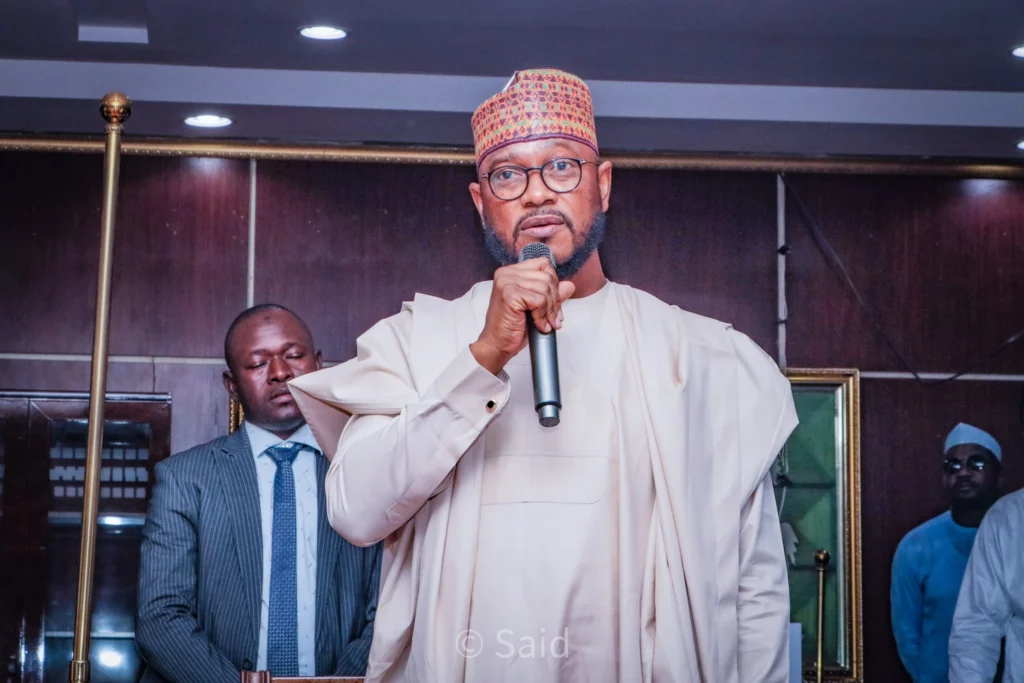
 English (US) ·
English (US) ·